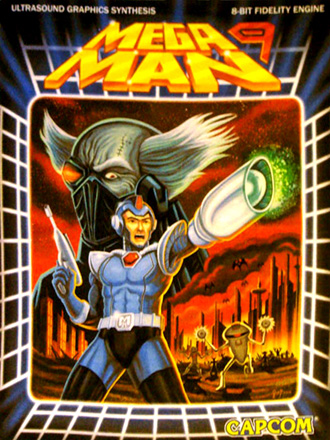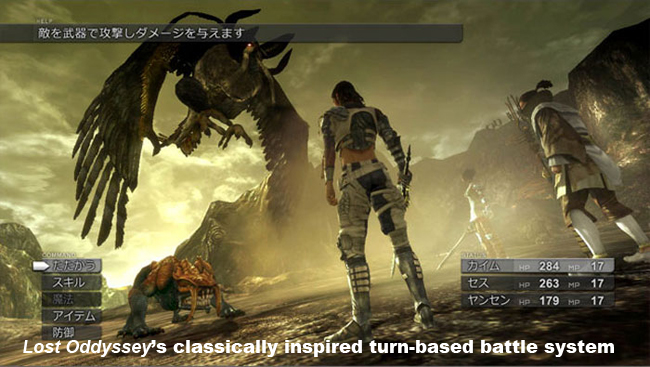
When did you first start playing videogames?
Was it the NES? PS2? Or did you jump into the Hi-Def gaming world as your first experience? I grew up around videogames, starting with the Atari 2600 and a Tandy 1000HX as its PC counterpart. I’ve played 8-, 16-, and 32-bit adventures since as far back as I can remember. I, like many of my close friends, have developed a strong appreciation for classic games and classic genres. In my eyes turn-based random encounter RPGs are just as relevant as the Mass Effects and Fallouts, and the original Sonic the Hedgehog might still be the best platforming experience ever. The return of a classically-inspired Street Fighter (IV) has been seen as a triumphant endeavor on many a Friday night in my home when a few beers have been involved.
Has this jaded my modern gaming experience?
I often find myself much more accepting when it comes to my expectations for games in specific genres and consoles, as opposed to friends who have only started playing games recently (tail-end of PS2, high-end PC gamers, or modern Hi-Def systems) and may not have experienced the “originals”.

I grew up at a time where I had to save up for games over several weeks, buying only 3 or 4 per year, and was forced to “love” and enjoy what I bought. Turn-based RPGs were designed the way they were because of limitations. The FPS evolved out of dungeon-traversing RPGs like Wizardy into Wolfenstein 3D. Side-scrollers helped maintain the amount of visuals on the screen to prevent unneccessary memory cache. And, because I bought these games with hard-earned snow shovelling money I was willing to forget their limitations and enjoy the experience. Which is perhaps why I’m able to have fun in an often-faulted console like the Wii for some of its games, or to enjoy Lost Oddyssey for its turn-based stability, or to look at Shadow Complex and say “even though its only 2-3 hours in length, those 3 quality hours are worth a purchase because I grew up on gaming that way.”
While experiences in sexy modern franchises are just as great — Halo 3 and Mass Effect come to mind — there is still room for the non Hi-Def, the games where gameplay and adventure is the main focus, the so-called “classic” experiences like Muramasa, or Megaman 9, or the beautiful Shadow Complex. I can play any of these games on any console and enjoy myself. I don’t need dual analog sticks, or motion controls, or HDMI output. These games provide just as much thrill as the blockbusters of modern day. At least, to me they do.

My willingness to forgive a game or console has carried over to today.
I play my Wii and DS often, as much as I play my XBox 360 or my PS3. Even with the limitations of the system, I find playing Super Metroid today as fun as it is to play Shadow Complex, a game that has drawn inspiration from the former. Not once when I recently played Metroid or WiiSports Resort have I uttered “You know what this game needs? One thousand and 80 P’s.”
As I stated above, though, many of my friends have not had the gaming history I have. They have grown up on modern classics and have not played (or have no desire to play) classics and originals. They are less likely to forgive and forget, and often are very versed in the critical aspects of judging whether a game has issues or not. In fact, the majority of them are able to blow through games at a much quicker pace than I am. I spend time looking at scenery, talking to NPCs, and playing for short bursts at a time (1 -2 hours a day). My peers completed Mass Effect in 25 hours, where it took my 50. In perhaps the ultimate habit relapse I have been playing Infinite Undiscovery, a game I have panned on every occasion possible, simply because I paid for it. I forgive it for being a bad game because I know I spent my cash on it. My peers stop playing a bad game and move to the next.

So has my childhood full of classic gaming — some great, some bad — jaded the way I play games today? Do those who have only recently started playing games (on modern systems) hold games more accountable for their faults? Does when a gamer begin playing videogames affect the way they look at the gaming industry?


5 Comments